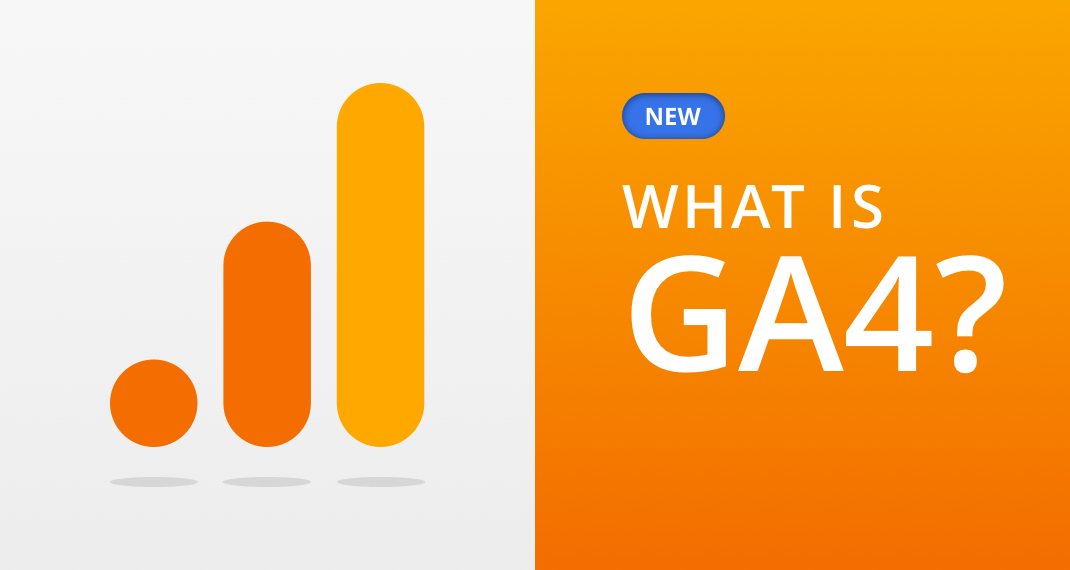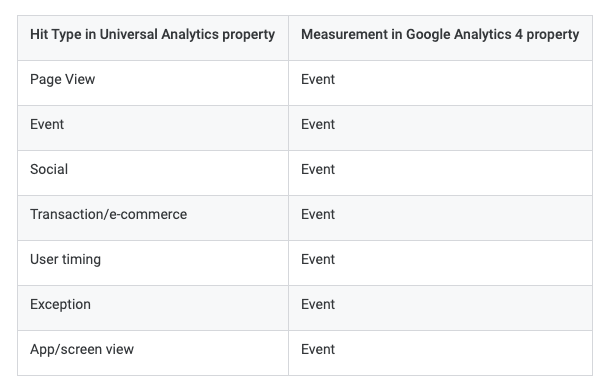The Future of Data & Analytics: What is GA4?
Published by Spinutech on February 17, 2021

What is GA4?
GA4 is the latest iteration of Google Analytics, the web analytics service offered by Google that tracks and reports website traffic. Since Google Analytics was first launched in 2005, there have been four updates to the platform. The version of Google Analytics that marketers have been utilizing since 2013 is referred to as Universal Analytics, the third iteration of the platform.
The goal with each new iteration of Google Analytics has been to offer users a host of new features to bolster their marketing and data efforts, and GA4 is no exception.
What is the Difference Between Universal Analytics and GA4?
Why is change necessary? Well, as the world changes, so must the way we operate within it. In the digital marketing industry, there is growing uncertainty as to how marketers will be able to collect data online now and in the future, as consumers voice concerns over their privacy.
Cookies, for example, are a topic of much debate. They are a tool that tracks users as they browse a site, saving bits of information about them that can be used later. Third-party cookies see what you are interested in and then serve you with relevant ads after you’ve left their site.
GA4 is designed to be future-proof, leveraging machine learning and paving the way for marketers to operate in a world without cookies or identifying data.
In addition to a more privacy-centric design, the new version of the platform has placed an emphasis on “events,” representing a foundational shift toward a more holistic model.
What is an Event?
In the context of GA4, everything is an event.
To illustrate what that means, here is a chart of example metrics from Universal Analytics that are now measured as events in the GA4 platform:

Events are user interactions with a website or app that can be measured concurrently or independently from a webpage, and GA4 does not distinguish between the types of interactions, treating all “hit” types equally. Some events are even measured by default. Parameters -- page titles, article IDs, etc. -- can be used to provide context for each event, allowing marketers to fine-tune the way events are tracked without having to edit on-site tracking code.
What does this mean exactly? It means marketers must rethink their data collection.
For example, how sessions are measured in the event-based model of GA4 will differ from how marketers have tracked them in Universal Analytics. In the latter, session metrics are derived from when a user views a page on your website and ends either when they leave your website or after 30 minutes of activity. Everything a user does during that visit is counted as a single session.
But in GA4, session metrics are derived from the “session_start” event. The duration of a session is based on the time span between the first and last event in the session.
If a user arrives on your site and spends three minutes browsing three pages before landing on the Contact Us page and going idle for 30 minutes, Universal Analytics would record that as a session duration of 33 minutes. But the session duration in GA4 would only be three minutes.
How Will GA4 Impact You?
Users don’t have to say goodbye to Universal Analytics yet. GA4 is still very much in the early stages of development, so Google is recommending marketers hold off on making the switch until further down the road. It would be more than a year before Universal Analytics is sunset.
Until then, they have an opportunity to get acclimated with GA4’s user interface. Marketers can implement dual tagging -- sending data to both Universal Analytics and GA4 simultaneously -- to collect historical data and give themselves a more robust data set in the future.
Eventually, GA4 will be the default reporting platform for Google Analytics accounts, storing all of your website and app data under one roof. There are foundational differences between Universal Analytics and GA4 that will require marketers to adapt, but it is only a matter of time before the new platform’s features set a new standard for data collection and web traffic analysis.